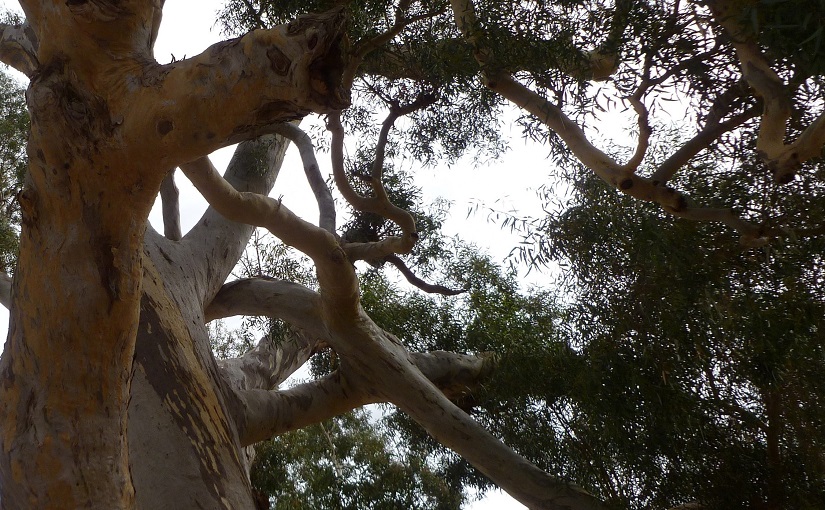If we conceive of life as being accompanied by all of our thoughts and conversations around it, where does this collective act of communication happen? It seems there must be a place we get our ideas from, test them out, or hear what others have to say about life, all that’s happening within it, and what it might mean. Whether that’s the role of culture or “the media” more specifically, it’s interesting to imagine the power it has.
Isn’t it an important conversation? This space where we listen to how others are speaking of things, absorb the terms being used, and establish our own personal sense of meaning, engagement or judgement with regard to the world we’re all living in (Notes One). Hopefully it’s full of reasonable, balanced information and responsible statements – something reliable on which we can base our views and decide how we’ll respond.
That said, isn’t the modern conversation generally peppered through with commercial agendas, distractions vying for our attention, and polarised voices of almost complete disagreement and mutual anger? Quite a volatile place, socially and emotionally, where we’re more likely to feel criticised than heard. Potentially, a very stressful drain on our energy, patience, and interest in hearing one another out.
Within that, how can we be sure or calm about anything? It seems we’re all seeing things so differently, at times; making this a conversation filled with disbelief, indignation, and concern over where things are heading. How are we to capture complex realities, from various angles, in simple terms? If we truly have limited capacity to listen or care, how are we to navigate this and avoid being overwhelmed? (Notes Two)
And, if we’re taking these ideas out into our lives to act upon them, who gets to draw the conclusions or determine the action points? Are we just left to blend “all this” in with what we already had and see what comes of it? Placing all these jumbled facts or half-truths somewhere on our mental shelves for reference later. All of these images, suggestions, inferences waiting for us to somehow establish meaning between them.
It seems a strange sort of communication, at times: words, events, thoughts, all shooting across the void in this conversation that never quite “lands”. We’re all part of it – drawing, as it does, on the realities of our lives – and, arguably, what we take from it becomes the outworking of this exchange of ideas, but seeing where we stand and how it all fits together seems far from easy most of the time.
In many ways, it’s fascinating that we’ve opened the floodgates and allowed all kinds of voices, perspectives and experiences to speak into this one conversation we’re now able to have. The idea of being able to assimilate it all into a meaningful, balanced, purposeful sense of “what life is” isn’t seeming so easy to achieve, though. At times, it seems more likely we’ll be overwhelmed by the task, or the conflict that’s coming along with it.
Notes and References:
Note 1: Caught in these thoughts
Note 1: On whose terms?
Note 1: Passing on what’s important
Note 1: Culture as information
Note 1: Joining the dots
Note 2: Too much responsibility?
Note 2: Ways thought adds spin to life
Note 2: Overwhelm and resignation
Note 2: Can others join you?
Note 2: Going towards the unknown










